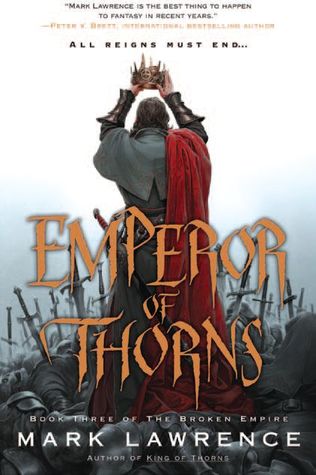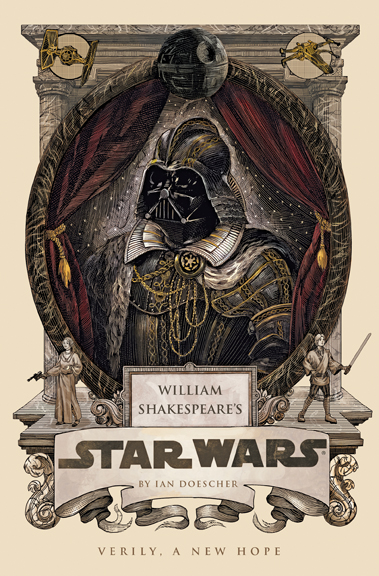Film Adaptations of Books
Little is more exciting than to hear that your favourite book is getting a movie adaptation. All the action you imagined you finally get to see; the romance you loved you can finally watch play out. Regardless of how excited you are, however, there’s one fact that you’ll have to accept: the movie will be different from the book.
Movies are an entirely different medium than books, and subject to different constraints. Movies generally last between two and three hours; any longer and watching is likely to get tedious, but too short and the audience won’t feel as satisfied. In a long or short story, then, things will have to be cut or expanded upon.
Another general limitation of movies – as well as their strengths – are their audio-visual natures. A book, even an illustrated one, has to pause the narrative every so often to describe things, both to create atmosphere and to describe actions and the area so that everything make sense in context when characters interact with their environment. Movies, incorporating all this into their very structure, are able to focus much more on the essence of the story. The trade-off to this is that, while a book can expand on a character’s thoughts and motivations in-text, movies can’t do this so easily, and so they often get left out, losing potential character development.
Movie adaptations also face another problem, one that often comes from the need to cut out extraneous material from the book: that of accidentally creating plot holes. TV Tropes calls this the Adaptation Induced Plot Hole, and it can happen for any number of reasons: perhaps the explanation behind a plot point was cut (Adaptation Explanation Extrication), leaving it to seemingly come out of nowhere instead of integrating into the plot like it did in the original; maybe an entire sub-plot had to get cut, so any effect it had on the main plot has now no logic behind it; perhaps something that seemed minor at the time and was cut turned out to be important in a later sequel, leaving movie writers scrambling to introduce a now-vital plot point; maybe two characters have been combined into one composite. This last famously caused a plot hole in The Wizard of Oz movie, with Glinda’s character being combined with that of the Good Witch of the North, when it was the latter who met Dorothy at the beginning and only Glinda who knew how to get Dorothy back, causing decades of viewers to think “You wouldn’t have believed me” is a rather poor excuse for withholding vital information.
As unfortunate as the changes can be, they’re necessary if the movie is to be enjoyable; a movie that tries to cram in everything from a book – especially a long or complex one – would be unwatchable. A good adaptation will work with the changes they have to make in order to stay true to the spirit of the original. Instead of just discarding elements of the original too long or complex to cover properly, a good movie might try simplifying it, or expanding bits of the book they left in to include what would otherwise be omitted. Anything that gets added will be done unobtrusively so that it doesn’t affect the main storyline, but will make the film more than just a straight rehashing of the book.
Of course, it’s entirely possible the adaptation won’t be done well. perhaps too much had to be cut or changed, leaving it impossible to follow for people who haven’t read the book; perhaps it had to scramble so much to include the necessary plot points it left the story feeling rushed. Maybe the tone of the book was altered to something lighter or a daring and unusual story changed to be safer or more generic, thereby losing everything that made the original good in the first place. If your first exposure to a book was through its movie and the movie had problems with it, give the book a chance; it’s possible the story was told much better in the book. If a book you enjoyed got a bad movie, feel free to rant about it and recommend the book to people as a better alternative. But don’t feel bitter for long; the book will always be there, ready for you to enjoy.




2 Comments
Najaf
Nice article. I just watched “Silver Linings Playbook”, and I thought it absolutely butchered the book. After reading your article, I almost forgive the screenplay writer :-). I hope Akiva Goldman does a good job with Mark Helprin’s “Winter Tale”, already shot, waiting for a release date. One of my favorite books. I also heard that Fox bought the rights for Rothfuss’ Kingkiller Chronicles. That should be interesting.
ARamone
Interesting, yes…but I’m also quite worried about how well they’ll do it. Those books rely so much on continuity; Rothfuss has said half lines and tiny details that seem inconsequential are going to turn out to be pretty important later on. I’m quite looking forward to seeing how it’ll go, though!